The creator of the ChatGPT chatbot is on a European tour, meeting with top politicians in France, Spain, Poland, Germany and the UK to discuss the future of AI, as well as the development of the popular chatbot.
More than 6 months after OpenAI launched its product that "stirred up" the technology world, the company's AI chatbot, besides creating excitement, has also begun to have conflicts with regulatory agencies.
Altman canceled a trip to Brussels, where EU regulators are considering the long-awaited AI Act, which could be the world’s first set of rules designed to govern the emerging technology sector.
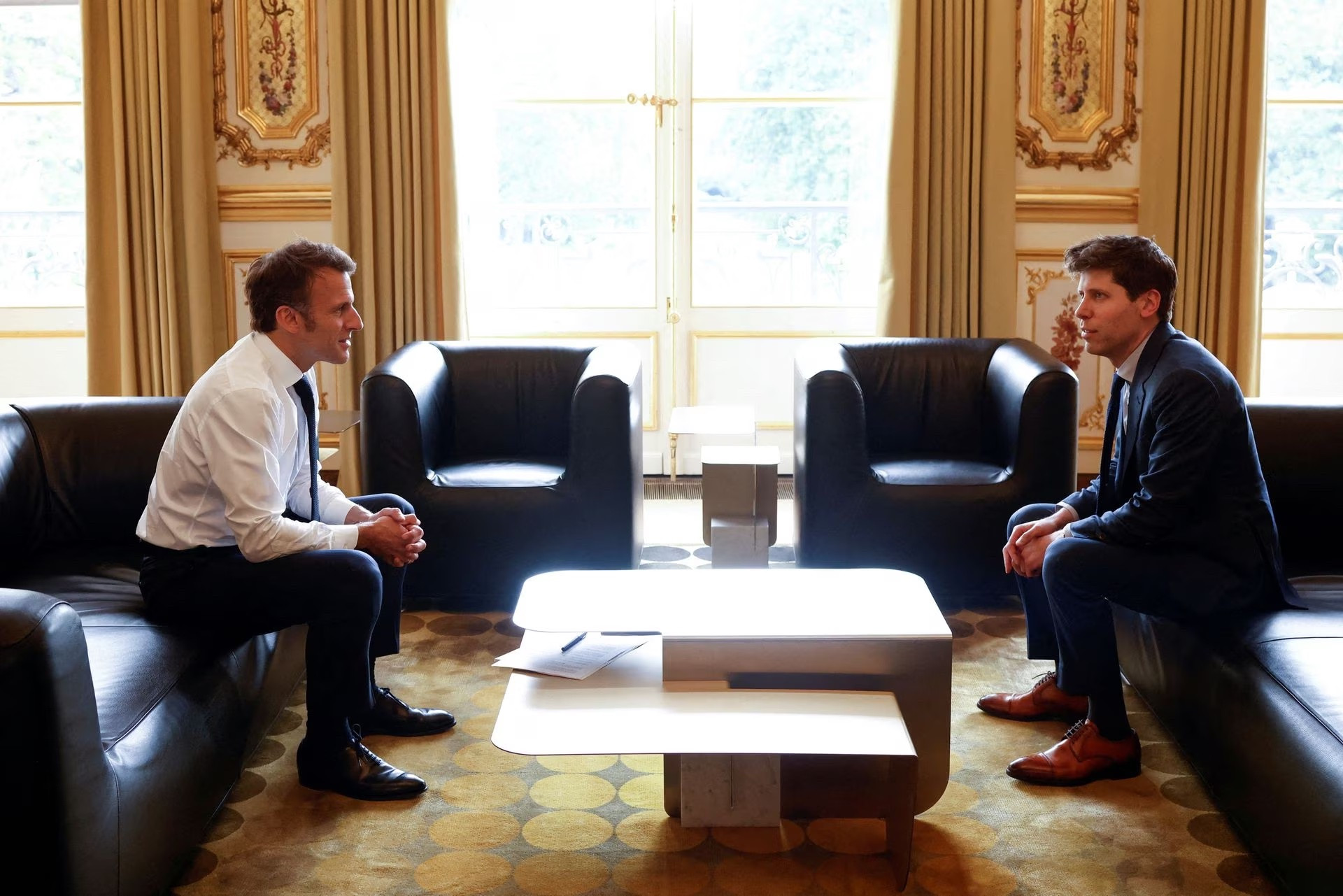
“The current draft of the AI Act is overly restrictive, but we hear it will be tweaked,” Altman said in London on May 24.
However, lawmakers drafting the bill have dismissed OpenAI's CEO's claim, saying "no relaxation is coming anytime soon."
“However, we would be happy to invite Mr. Altman to Parliament to share our concerns and hear what EU lawmakers think about this issue,” said Dragos Tudorache, the EU MEP responsible for drafting the bloc’s proposals.
Sharing the same opinion, Thierry Breton, the EU's internal market commissioner, criticized Altman's statement, saying that the draft rules were not up for negotiation.
Do not accept threats
Kim van Sparrentak, a Dutch member of the EU parliament, insisted that she and her colleagues would “not be blackmailed by an American company”, saying: “If OpenAI cannot comply with basic requirements on data governance, transparency, safety and security, then their system is not suitable for the European market”.
By February, ChatGPT had become the fastest-growing Internet application in history, but by March, the popular chatbot was “whistled” by the Italian data regulator Garante, which suspended its operations in the country for violating EU privacy rights and required it to update its consumer protection measures.
Meanwhile, the draft AI governance law has added a provision requiring all companies using generation tools like ChatGPT to be transparent about what copyrighted materials were used in training the system.
Some lawmakers even initially proposed a complete ban on the use of copyrighted material to “teach” AI models, but it failed to pass.
The draft AI regulation was approved by EU MEPs earlier this month, with member states, the European Commission and the Parliament expected to finalize the details in the coming days.
Nils Rauer, technology partner at law firm Pinsent Masons, said it was “not surprising” that Altman would make such a statement and that OpenAI “is unlikely to turn its back on the EU, a single market of nearly 500 million people and an economy worth more than €15 trillion”.
(According to Reuters)
Source








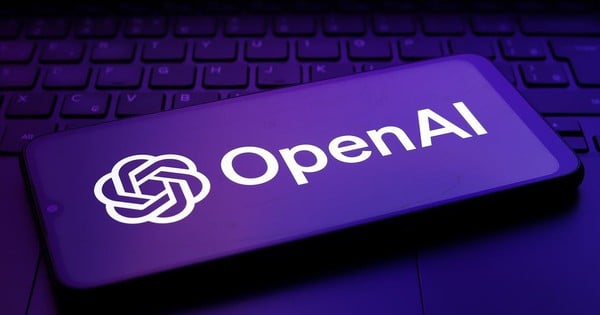





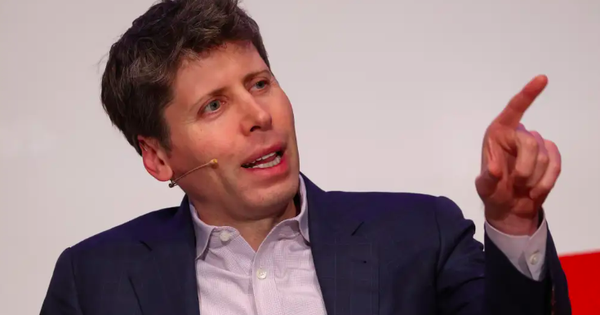
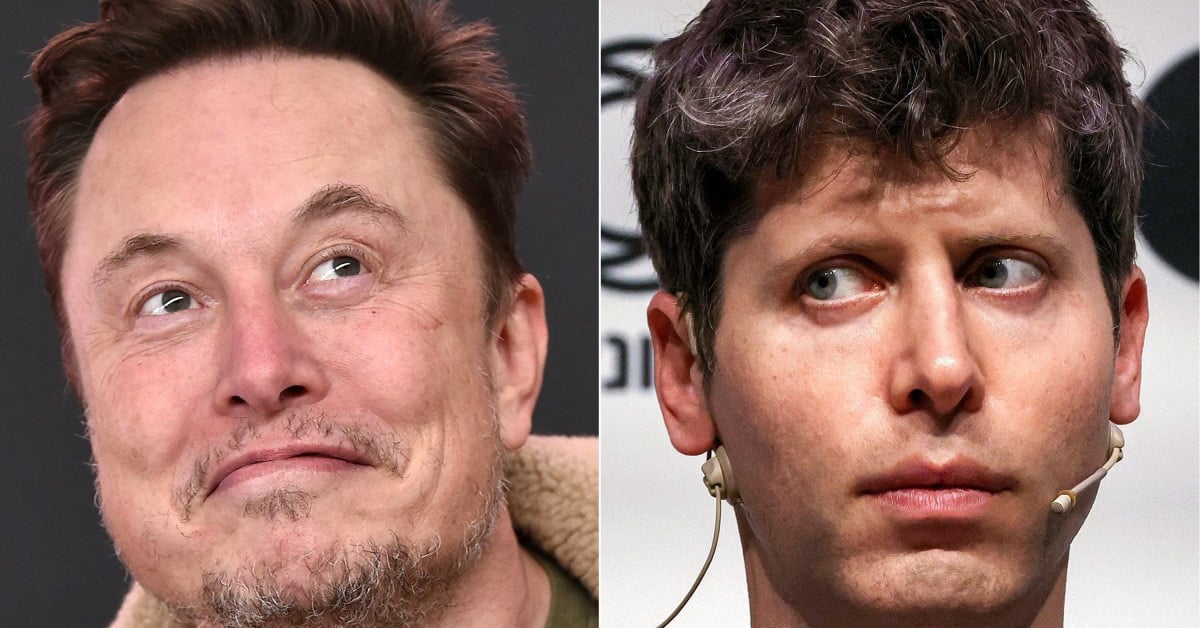
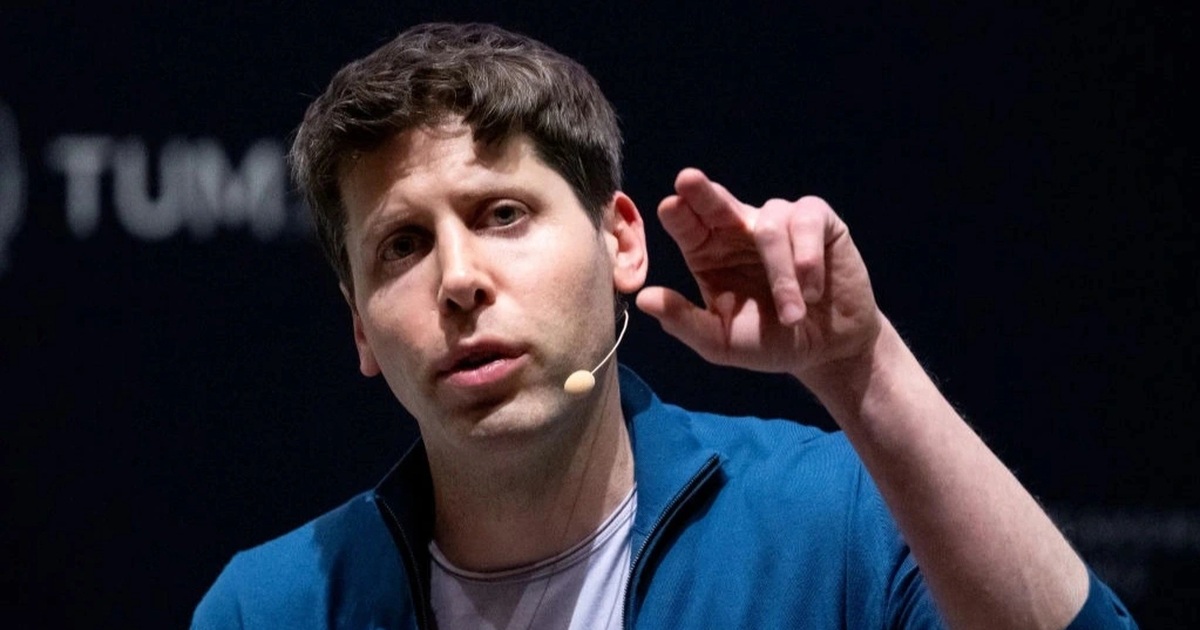


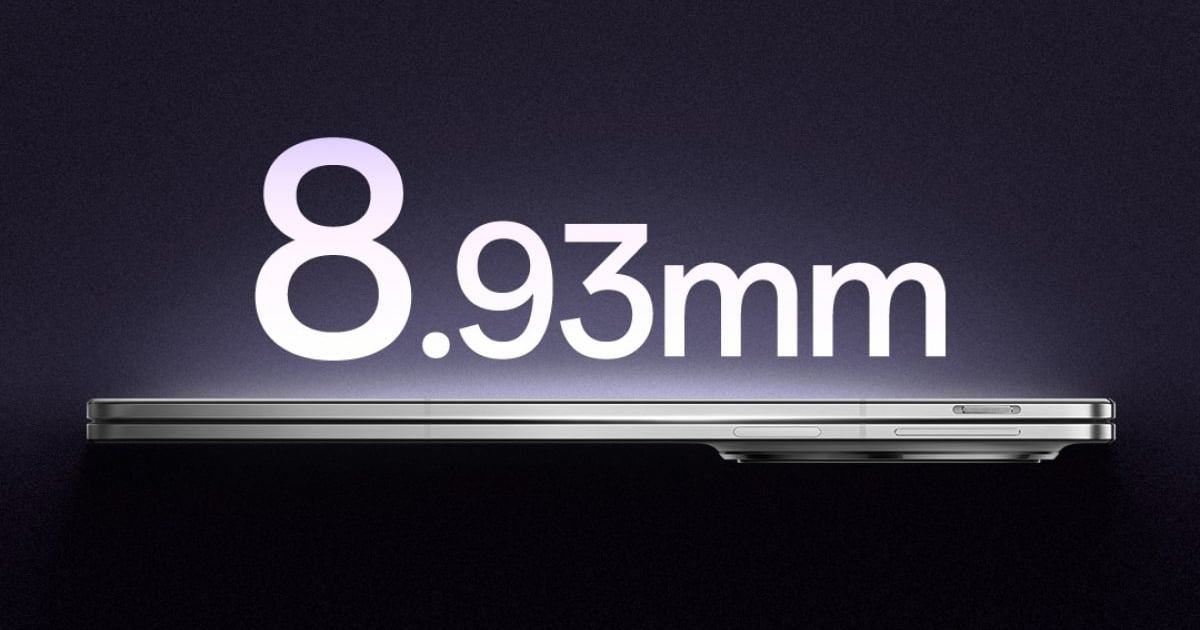



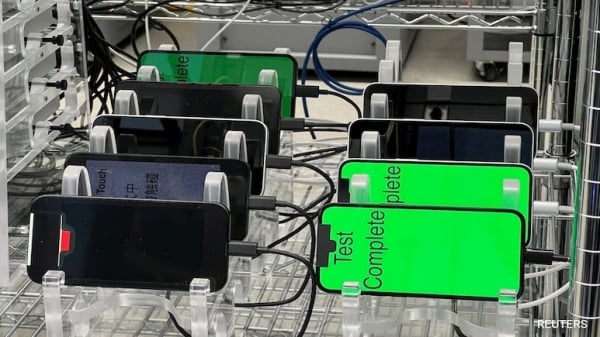

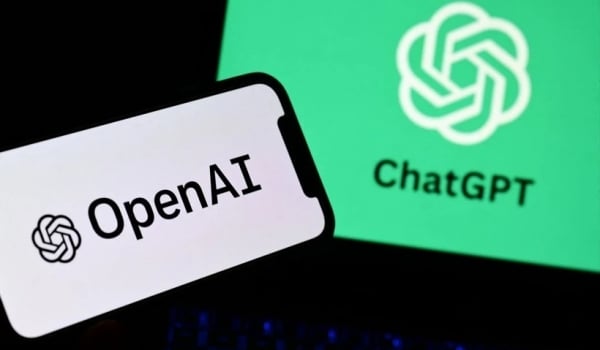

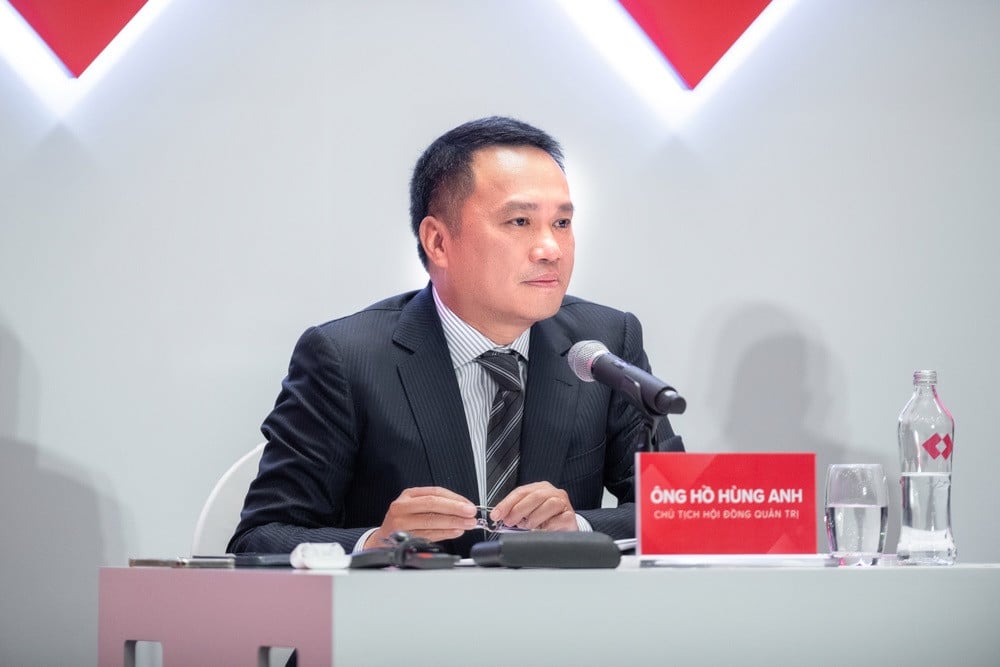

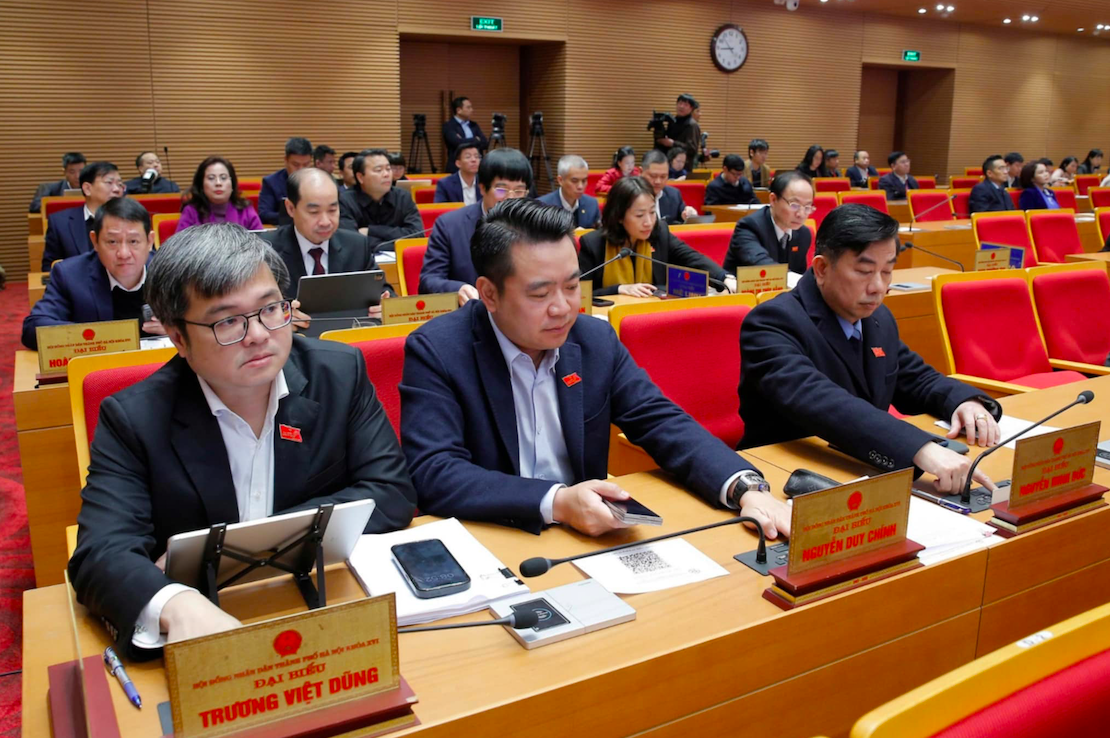


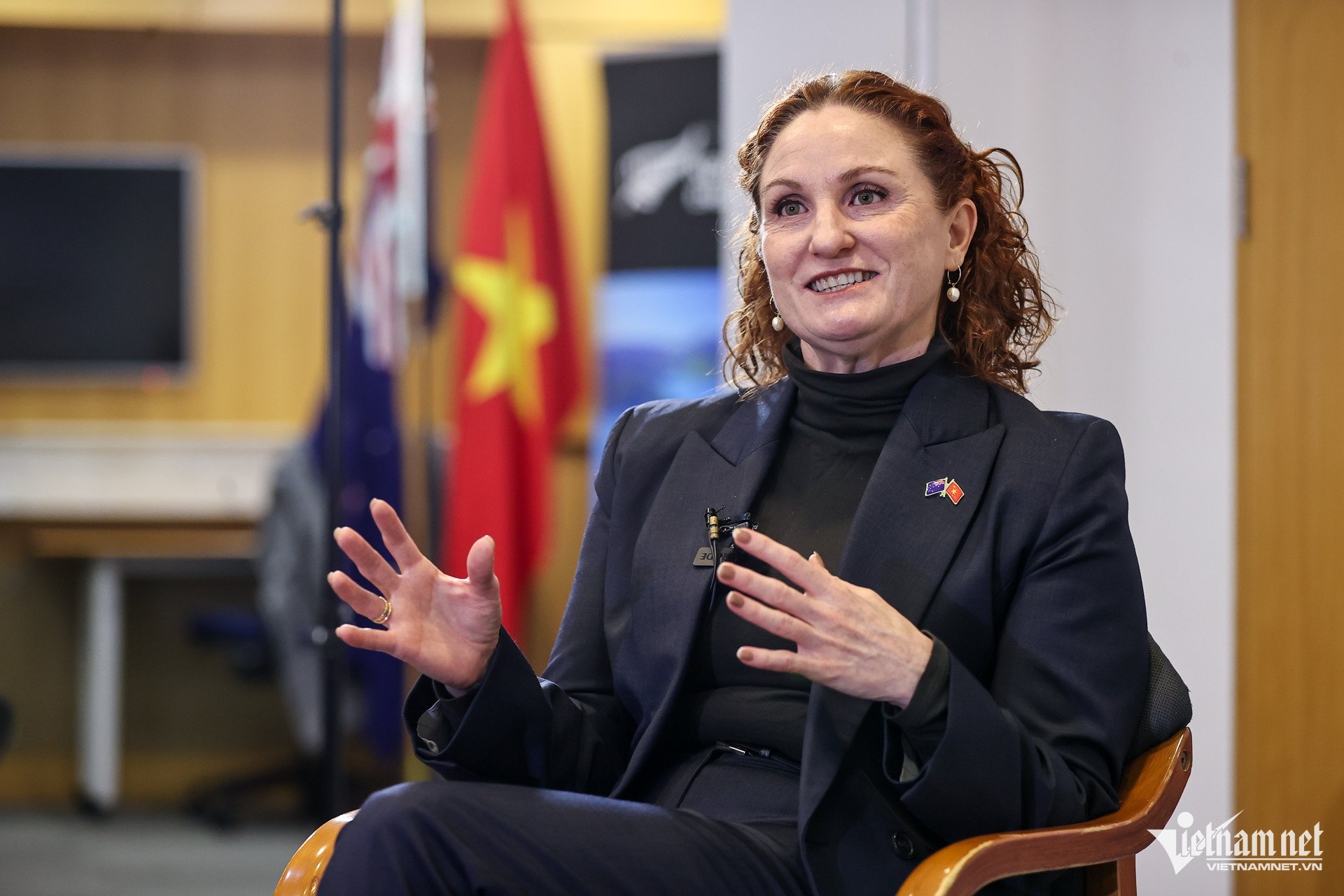







![[Photo] Prime Minister Pham Minh Chinh chairs Government Conference with localities on economic growth](https://vstatic.vietnam.vn/vietnam/resource/IMAGE/2025/2/21/f34583484f2643a2a2b72168a0d64baa)
























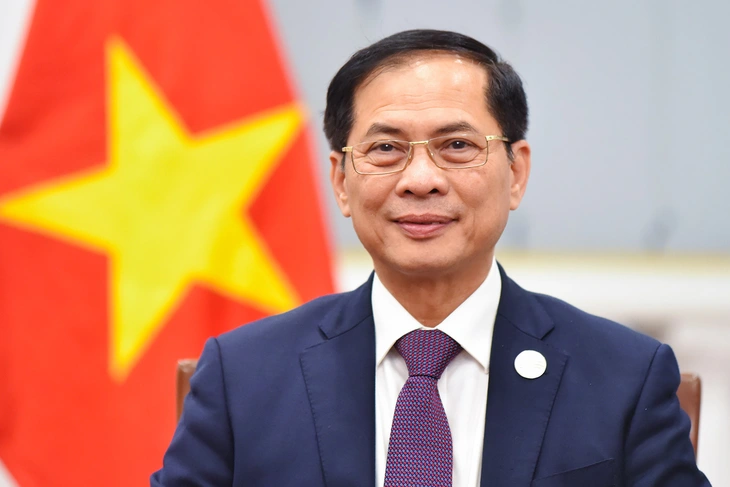
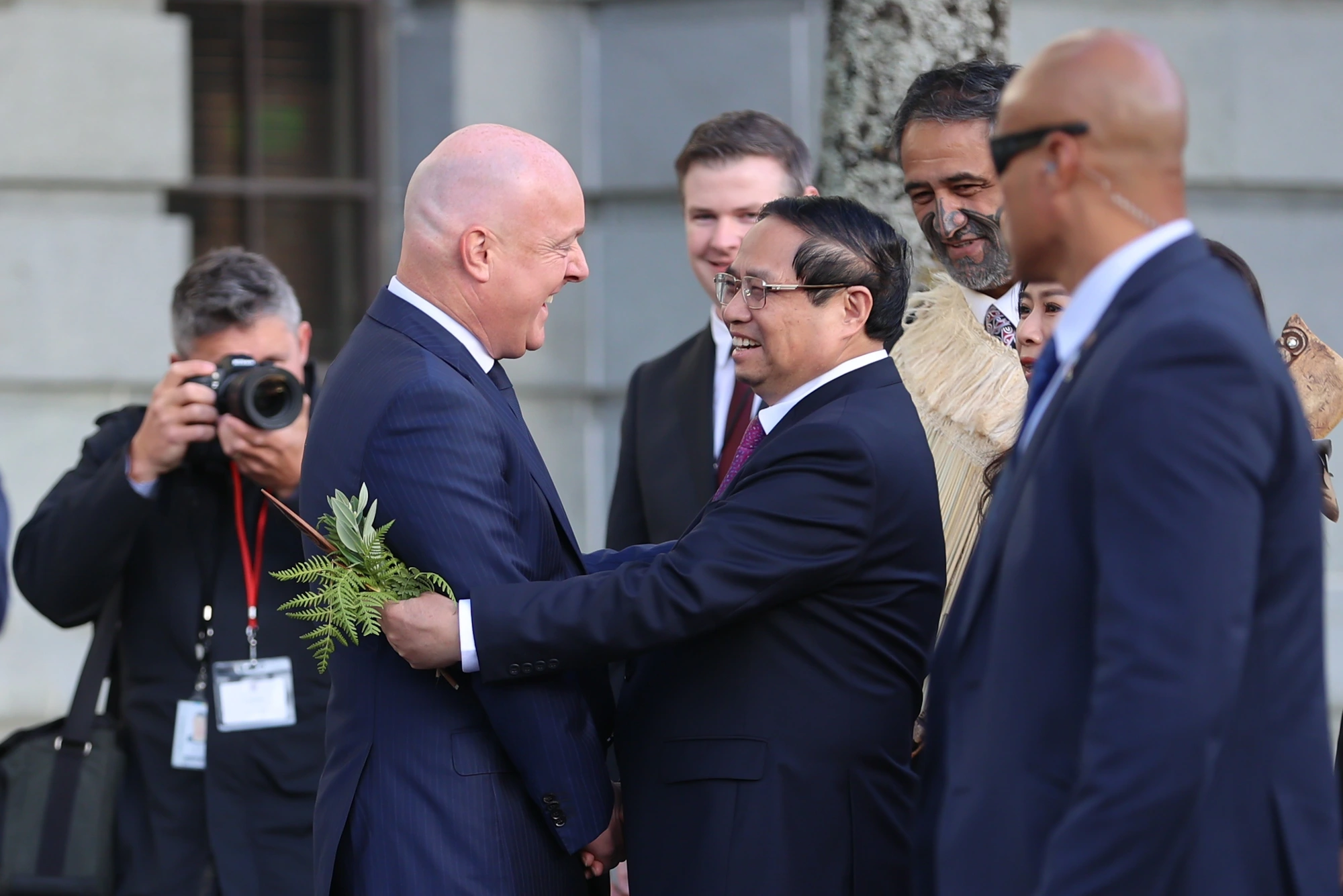




























Comment (0)